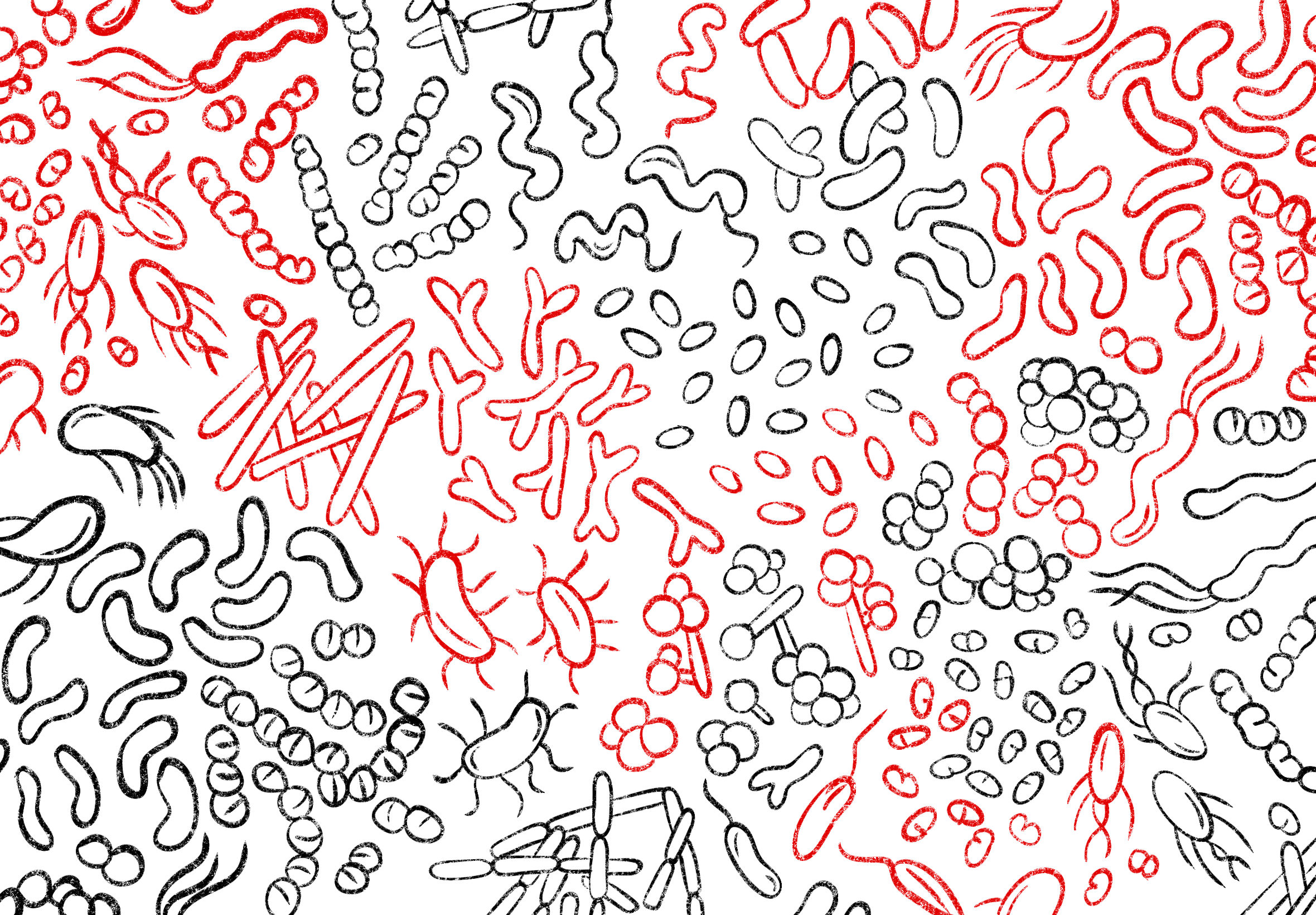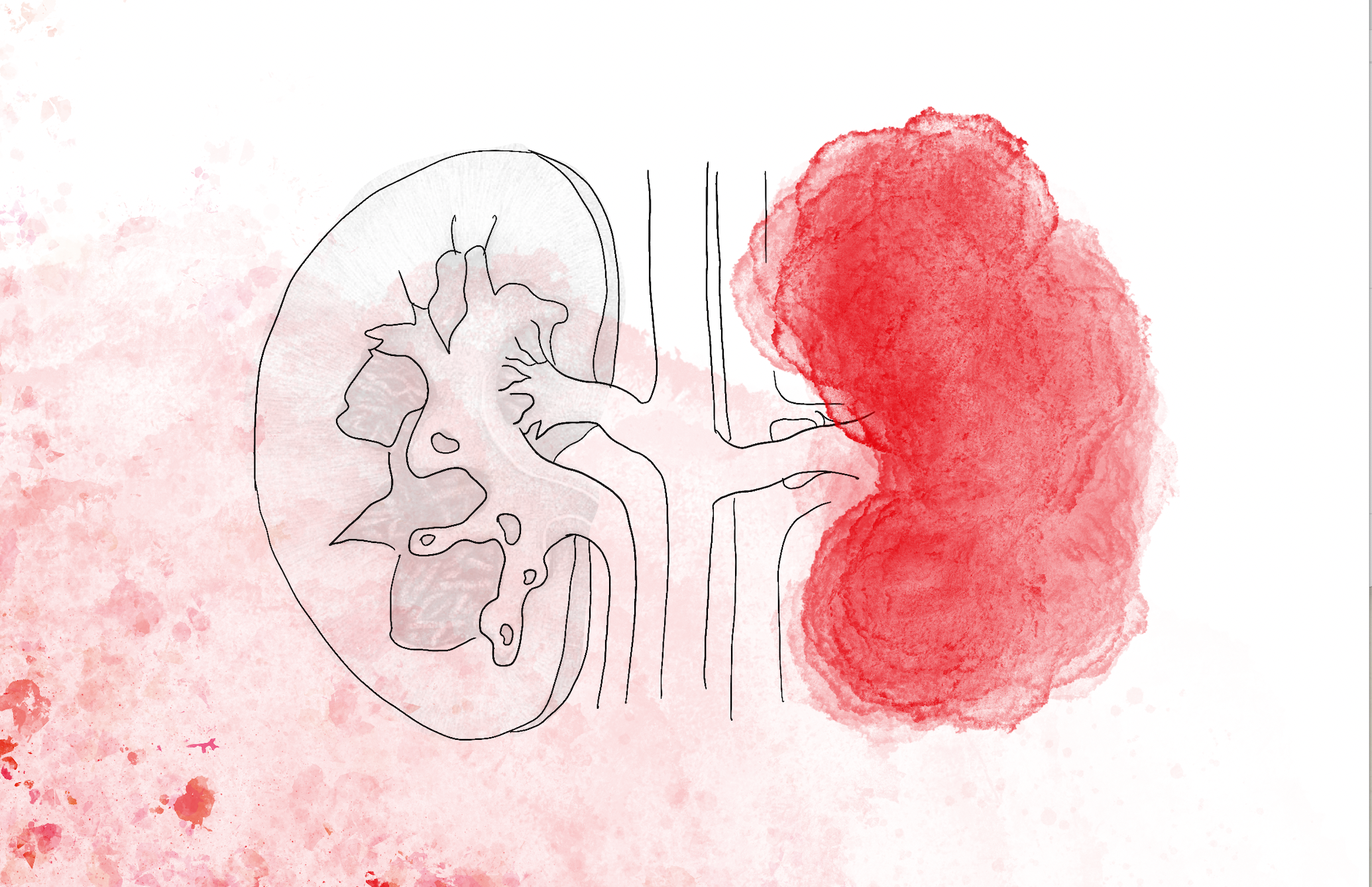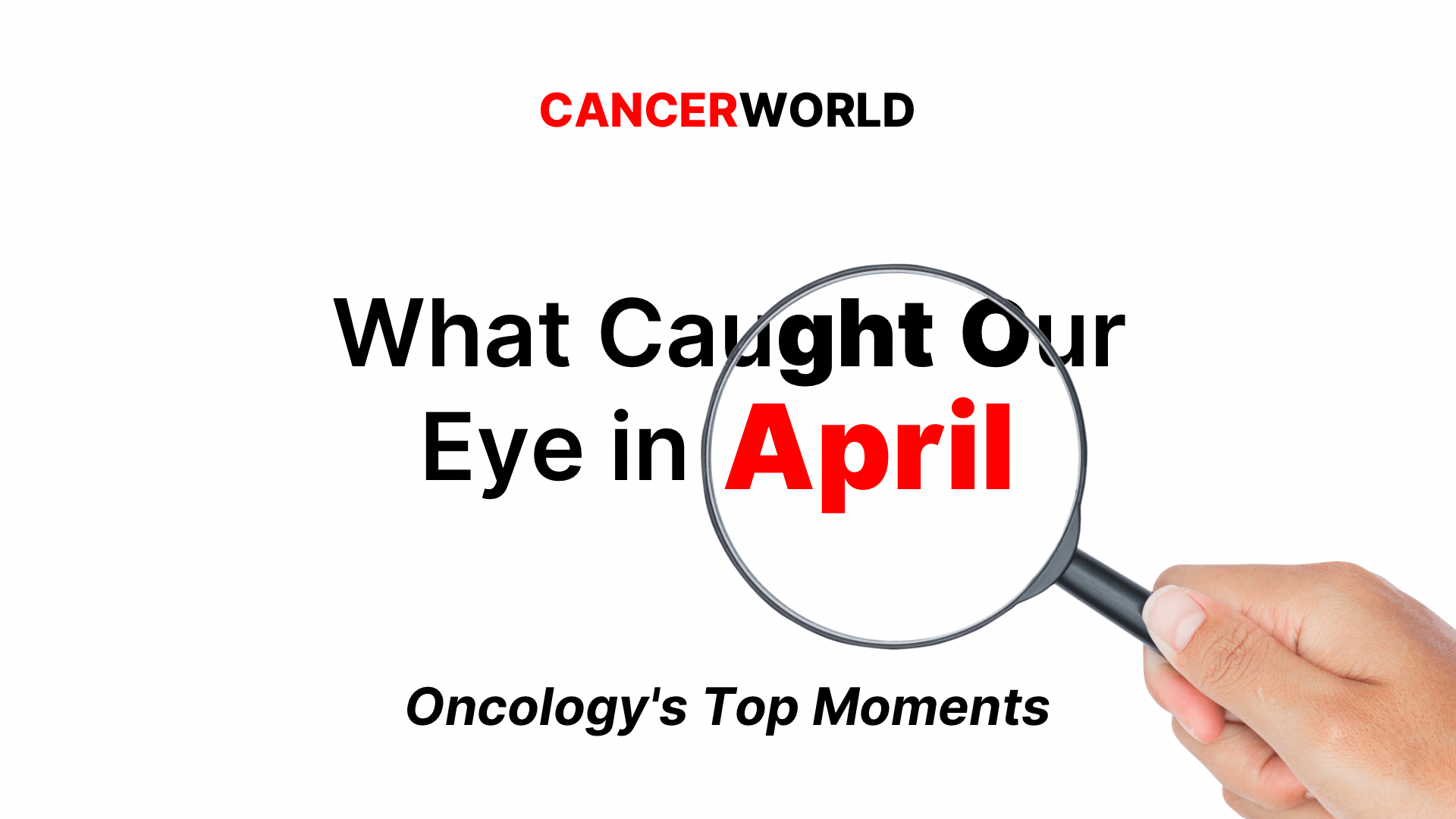Posts by author
Janet Fricker
How a Brain-Destroying Protein Became Cancer’s Ally: Alpha-Synuclein Emerges as a New Target in Melanoma
The alpha-synuclein, a protein long associated with Parkinson’s disease may hold the key to melanoma proliferation. The study, published in Science Advances, on 9 April, suggests that while excess alpha-synuclein results in cell death in neurons, conversely, it enables uncontrolled…
Microbiota-Derived Bile Acids as Androgen Receptor Antagonists Enhance Anti-Tumour Immunity
The gut microbiota can transform cholesterol-derived bile acids into metabolites capable of blocking androgen receptors and strengthening anti-cancer immunity. The study, published in Cell, April 15, demonstrates how one of the microbiota-derived secondary bile acids is capable of suppressing tumour…
Strategies Needed to Prioritise Screening in Survivors of Childhood Cancer
Survivors of childhood cancer experience accelerated onset of ageing-related diseases, regardless of prior radiation exposure. The simulation modelling study, published in JAMA Oncology, online March 20, found that chronic health conditions developed 10 to 20 years earlier than expected and…
Common Diabetes Medication Could Protect Heart Health During Cancer Treatment
Sodium-glucose cotransporter 2 (SGLT2) inhibitors, a common type of diabetes medication, may protect the heart during and after cancer treatment. The systematic review and meta-analysis, published in European Journal of Preventive Cardiology on 6 March, shows that SGLT2 inhibitors halve…
Personalised neoantigen vaccine for kidney cancer shows promise in phase 1 study
Personalised neoantigen cancer vaccines (both with and without ipilimumab) elicited anticancer immune responses in nine patients with fully resected clear cell renal cell carcinoma. The investigator-initiated phase 1 trial, published in Nature, February 5 2025, observed no recurrences at a…
What Caught Our Eye in April: Oncology’s Top Moments
April 2025 marked a significant month in oncology, with notable advancements in cancer treatment and research. Here’s a summary of the most compelling studies and recent breakthroughs that caught our eye this month. Popular CT scans could account for 5%…
It’s no longer taboo to suggest that some metastatic breast cancers may be curable
It’s long been clear that, in most patients with metastatic HER-positive breast cancer, adding effective HER2 blockade to cytotoxics can result in very prolonged responses. Janet Fricker reports on the prospective trials building evidence on whether – and in whom…
What Caught Our Eye in March: Oncology’s Top Moments
March saw the publication of several important studies in oncology, shedding new light on cancer treatment and care. Here’s a roundup of the key studies on recent discoveries and breakthroughs that grabbed our attention this month. Small device, big impact:…
Ovarian cancer: mechanism conferring resistance to immunotherapy revealed
The presence of flagella, the propellers bacteria use to move, explains why immune checkpoint inhibitors do not work in patients with ovarian cancer. The study, published in Cancer Immunology Research, 11 February, suggests that immune cell recognition of bacterial flagella,…
Muscular strength and cardiorespiratory fitness improve survival in cancer patients
Muscular strength and cardiorespiratory fitness are linked to a significantly lower risk of death from any cause and cancer-specific mortality in patients diagnosed with cancer. The meta-analysis, published online in the British Journal of Sports Medicine, 21st January, found a…










